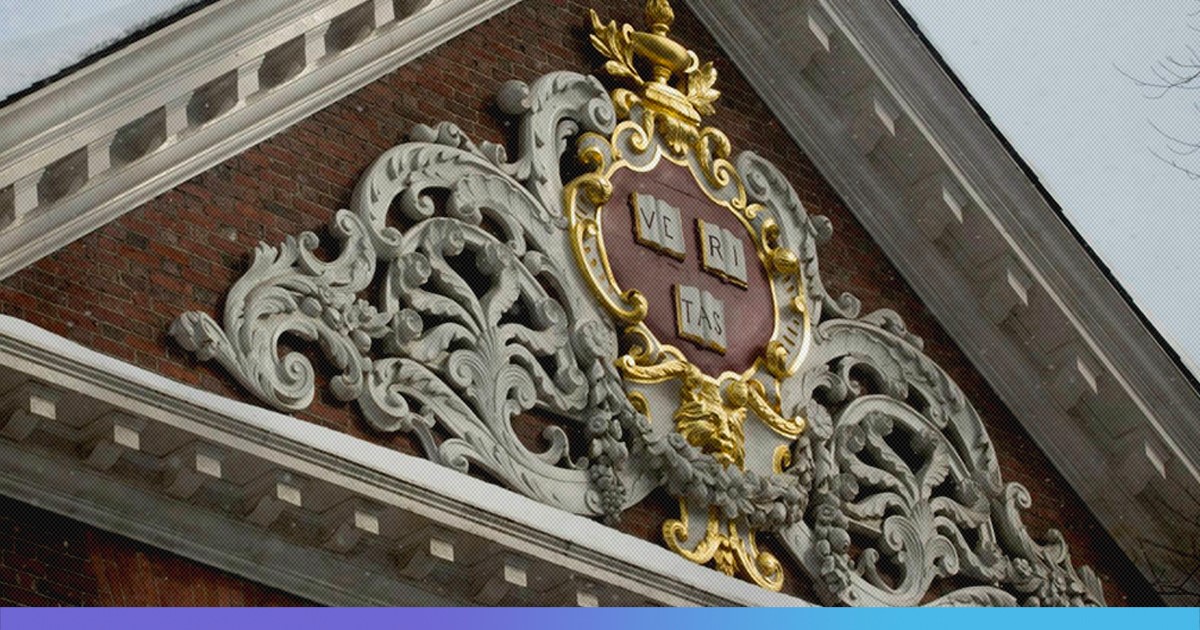A group of researchers in the US have found that from 2009 to 2014, 43 per cent of the caucasian admits in Harvard University were either athletes, legacies, or the children of donors and faculty. The surprising fact was that the share of African’s, Asians, and Hispanic for the same is only 16 per cent.
The study titled ‘Legacy and Athlete Preferences at Harvard‘ found that without these advantages, the school would have accepted only about a quarter of the white students.
The paper is based on data that emerged during the lawsuit Students For Fair Admissions vs Harvard University that alleged the varsity of discrimination against Asian applicants. The arguments in the case were completed in February, but the judgement is yet to pronounced.
The new research is conducted without any funding from the plaintiffs and focuses on mechanisms that often give a leg up to Caucasians. The study’s lead author is Duke University economist Peter Arcidiacono.
Legacy preferences give an edge to the children of alumnus and have drawn criticism for favouring whites, well-off families. However, recently an athletic recruiting is being scrutinised for playing a similar role, especially in sports like sailing, skiing, lacrosse, and crew that are particularly popular among white Americans who are wealthier.
Among the class of 2019, 3.2 per cent of legacy students and 20 per cent of athletes came from households that earn more than $500,000 a year, as per the Harvard Crimson’s annual survey. That amounts to 15.4 per cent of the overall strength. Although not all rich people are white and vice versa, the paper shows that the white student body at Harvard is shaped profoundly by sports and legacy ties.
Compared to any other racial group, white applicants were more likely to benefit from having family connections to the university, or even for having wealthy parents. The paper shows that around 27 per cent of white admits either were the children of faculty, staff, legacies or were members of the “dean’s interest list”. This list basically is a roster of students who applications are given special attention, either because their parents might donate a significant amount of money in the future, or have done so in the past.

Slate
Further, whites are more likely to be recruited for sports. While Jocks made up an additional 16 per cent of the white students, they made up about 9 per cent among blacks and 4 per cent among Hispanics and Asians. Overall, approximately 69 per cent of athletes were Caucasians.
When applying to Harvard, legacies and athletes had an enormous edge. The admission rates for whites were 34 per cent for legacies and 87 per cent for athletes, compared to 4.89 per cent for regular applicants.

Slate
However, Jocks were not academically distinguished as a group in particular. But for legacies, dean’s list kids, and faculty children, the qualifications were usually stronger than the average Harvard applicant, but also weaker than the average student who was actually admitted.
Arcidiacono and his team concluded that if these admission advantages are taken away, only 26 per cent of these white admits they would get recognised based on their grades. The white legacy/dean’s list/faculty kid group would, at most, have an acceptance rate of about 14 per cent.
“Over the course of the 18 years, legacies and athletes moved from being four times more likely to be admitted as their non-legacy, non-athlete counterparts to nine times more likely to be admitted,” Slate quoted researchers as saying.
Arcidiacono and his team finally noted that ending ensuing legacy admissions would knock down the share of Caucasians at the university by a couple of percentage points, as more academically qualified white children would replace many of the children of alumnus. Although this will not make Harvard’s undergraduate class much less white on its own, it will make Harvard much more economically diverse.
Also Read: Harvard Professor Claims Coconut Oil Is “Pure Poison” – Is It Really?











